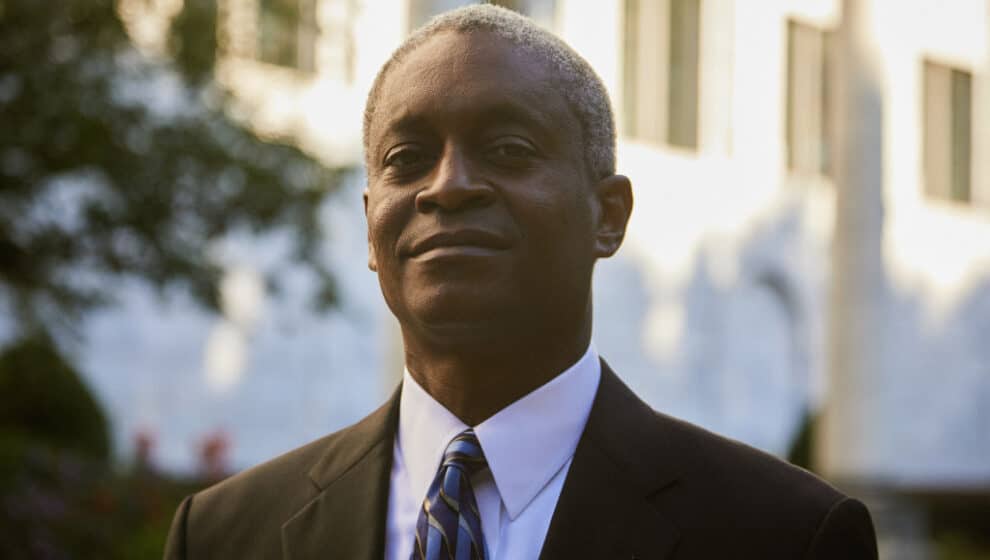Speaking in a Monday CNBC interview, two Federal Reserve officials offered criticism of the direction of monetary policy.
Key Details
- The Federal Reserve raised hikes to a target range of 5% to 5.25% on May 3, marking the 10th consecutive rate hike in 14 months.
- Both officials agree that pausing interest rate hikes would be a benefit to assess the effectiveness of the current rate, but both disagreed on details, Bloomberg notes.
- Atlanta Fed President Raphael Bostic argues that the Fed will not lower rates before next year until the current wave of inflation has decreased to 2%.
- Chicago Fed economist Austan Goolsbee offered a more cautious tone, arguing that the Fed may overtighten this year.
Why It’s News
The Fed’s aggressive moves have proven to be a necessary and potentially dangerous overcorrection that has drawn bipartisan scrutiny toward the central bank. Business leaders like Cathie Wood and Elon Musk have criticized the Fed for potentially sparking a deflation crisis in the near future, while Senator Elizabeth Warren (D-MA) has accused the Fed of wrongly failing to blame corporate greed for being the source of inflation.
Raising interest rates does appear to be making inroads with the economy. Inflation has consistently dropped for the past half year while the labor market has tightened, rent hikes are dropping, and consumer spending on large purchases is shrinking. Strong economic numbers have even encouraged analysts to predict that a soft landing for the economy is off the table, due to high consumer spending and resilience.
Bostic still argues that a cautious approach is necessary to correct for the aggressive Fed stance of the past year. Rates may not drop before 2024, but continually raising rates may come at a severe cost to the economy. He still believes that it is more likely for the Fed to continue raising interest rates than to back off.
“We’re seeing the tightening that needed to happen and now the question is how much is that really going to bind on activity. The appropriate policy is really just to wait and see how much the economy slows from the policy actions that we’ve done,” says Bostic.
